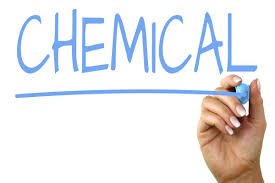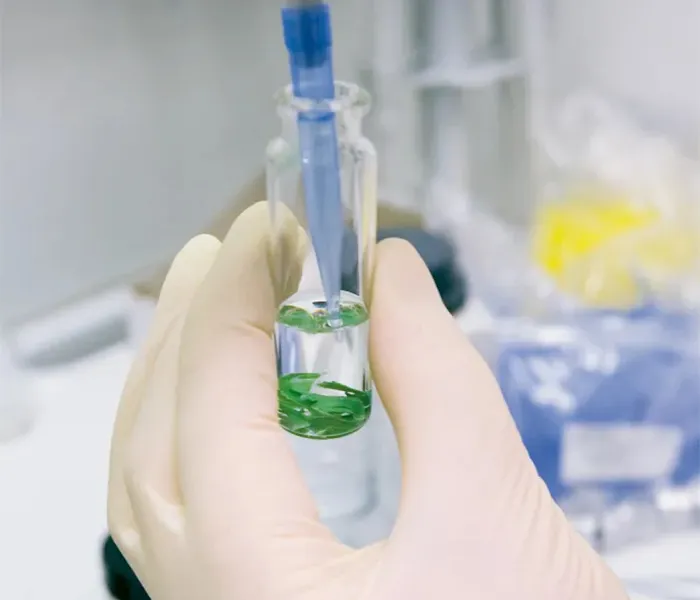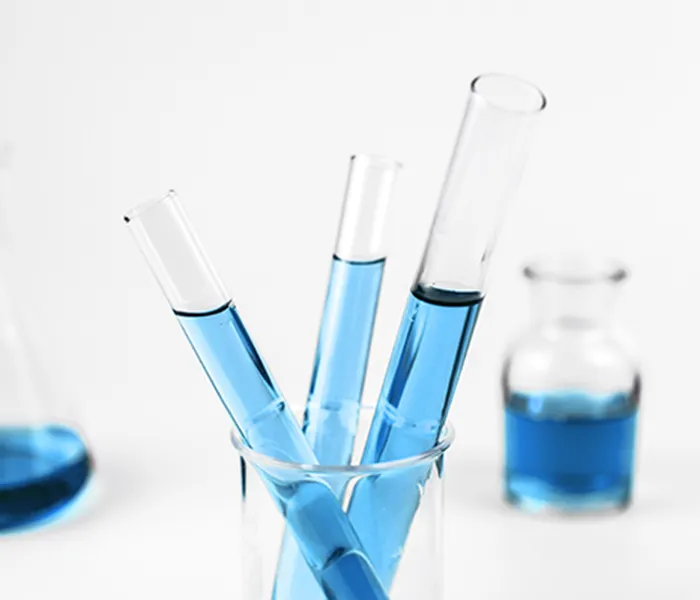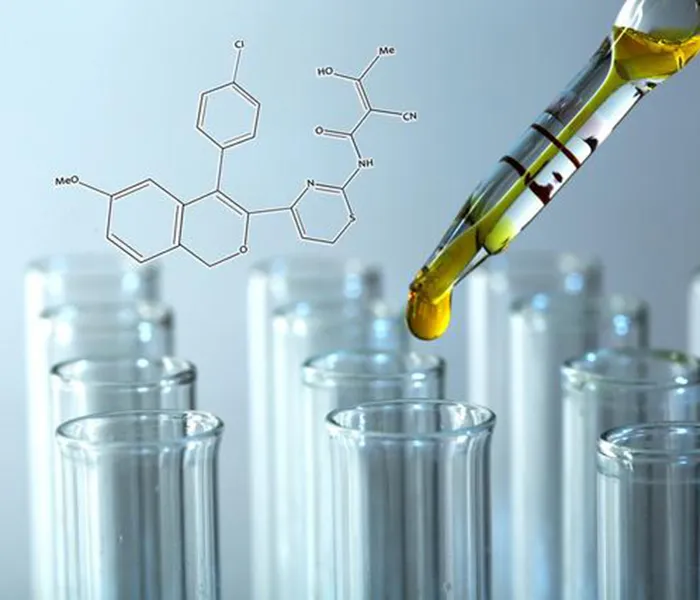Organosilanes are significantly different from traditional organic compounds, mainly in structure and properties. These differences give organosilanes unique properties, making them promising for use in many fields.

First, the structure of organosilanes differs from traditional organic compounds in that it contains silicon-carbon bonds. Compared with carbon-carbon bonds, this silicon-carbon bond has lower bond energy, thus giving organosilanes some special physical and chemical properties. For example, organosilanes are generally more thermally stable than traditional organic compounds because silicon-carbon bonds can withstand higher temperatures. This allows organosilanes to perform better in high-temperature environments, such as in the manufacture of high-temperature sealing materials and refractory coatings.
Secondly, organosilanes are chemically inert compared to traditional organic compounds. Due to the lower strength of the silicon-carbon bond, organosilanes are less sensitive to some chemical reactions and more resistant to chemical changes. This chemical inertness makes organosilanes an important additive, playing a stabilizing and protective role in complex chemical processes. For example, in polymer synthesis, organosilanes can be used as cross-linking agents to increase the stability and strength of polymers.
In addition, organosilanes generally have higher solubility. Due to the low electronegativity of silicon atoms, organosilanes are readily soluble in many organic solvents. This high solubility makes organosilanes widely used in coatings, cosmetics and adhesives. For example, adding organosilanes to paints and coatings can improve the weathering resistance and adhesion of the coating, as well as improve the gloss of the coating.
In addition, organosilanes have lower surface tension and higher dielectric constant. These physical properties make organosilanes excellent in wetting, coating and electronic applications. In terms of wetting, organosilanes can be used as wetting agents to improve the distribution of liquids on solid surfaces. In terms of coating, organosilanes can be used to prepare functional coatings, such as anti-fingerprint coatings and waterproof coatings. In electronic applications, organosilanes can provide superior insulating properties and are used in the manufacture of electronic components and optical devices.
In summary, organosilanes have many unique characteristics compared with traditional organic compounds. Their structure, thermal stability, chemical inertness, solubility and physical properties make organosilanes promising in many fields. With the continuous advancement of science and technology and the continuous expansion of applications, the importance of organosilanes will become increasingly prominent. We have reason to believe that in future development, organosilanes will bring more innovative solutions and business opportunities to people.
What are the uses of organosilanes?
Material synthesis: Organosilanes can be used as cross-linking agents in polymer synthesis to enhance the stability and strength of polymers. It can also be used to prepare special materials such as silicone rubber and silicone.
Paints and Coatings: Organosilanes can be used as additives in paints and coatings to improve the weather resistance, adhesion and gloss of the coating. It can also be used to prepare special functional coatings such as waterproof coatings and anti-fingerprint coatings.
Paints and wall coverings: Organosilanes can be added to paint and wall coverings to provide weathering and stain resistance, improve surface gloss and stain resistance.
Electronics and Optical Devices: Organosilanes can be used to make electronic components and optical devices. It provides superior insulating properties and is used in the preparation of insulating and encapsulating materials.
Cosmetics and personal care products: Organosilanes are widely used in cosmetics and personal care products. It acts as a skin moisturizer, softener and protectant, providing smoothness and protection.
Lubricants and friction reducers: Organosilanes have excellent lubricating properties and can be used as lubricants and friction reducers to reduce friction and wear on contact surfaces.
Catalyst: Certain organosilane compounds can be used as catalysts to play a catalytic role in chemical reactions and promote the progress of the reaction.
Medical and Biotechnology: Organosilanes are commonly used in the medical and biotechnology fields. It can be used to prepare biosensors, drug delivery systems and biomaterials.
Agricultural and horticultural applications: Organosilanes can be used as synergists in agricultural and horticultural fields to promote plant growth, improve soil quality and increase yields.
The above is the relevant content about organosilanes. After reading this, if you have any questions about this content, please contact us to learn more!






